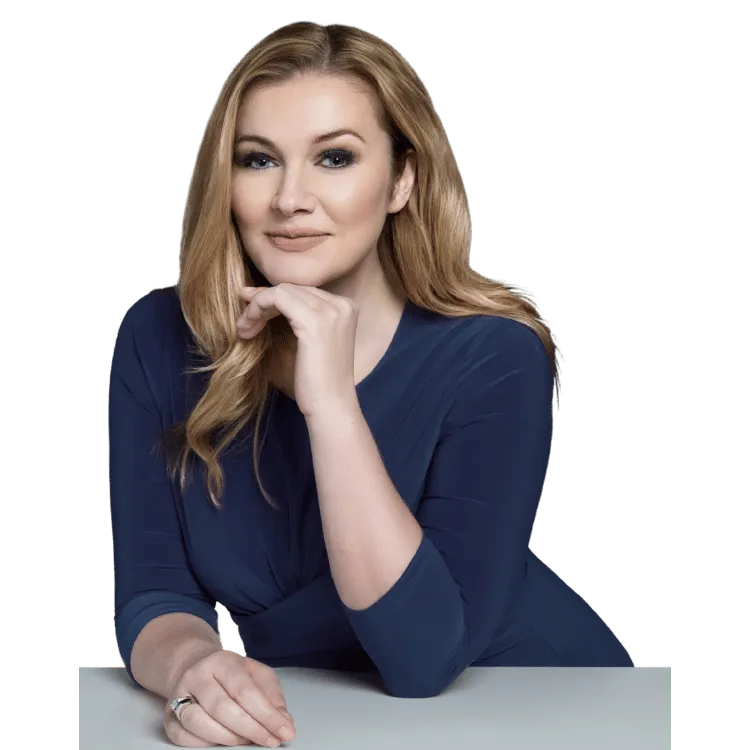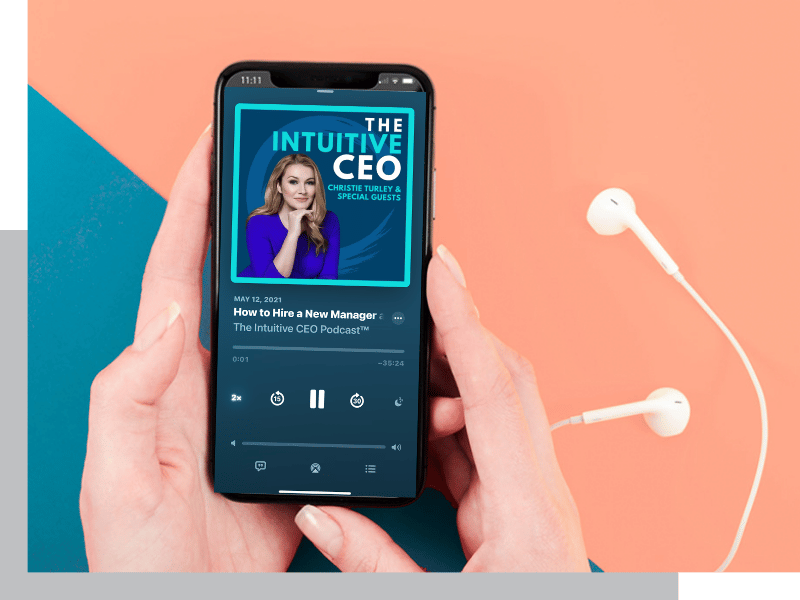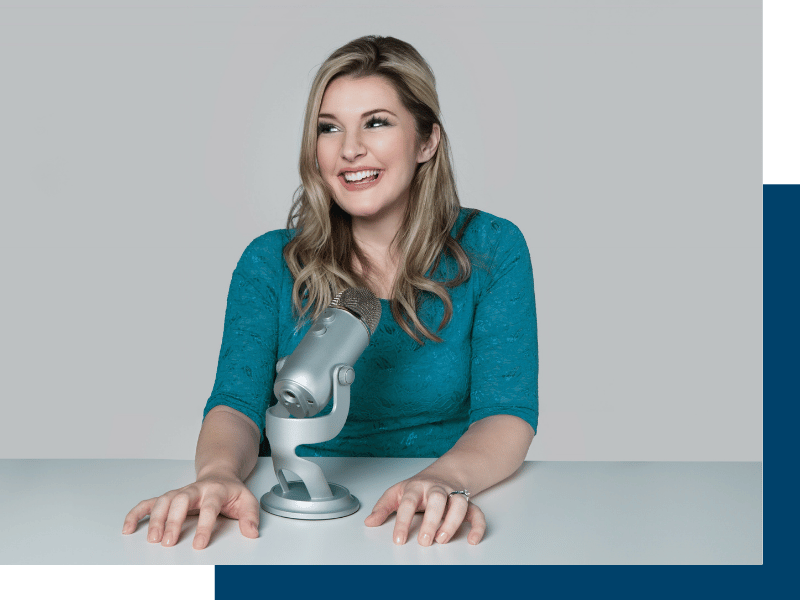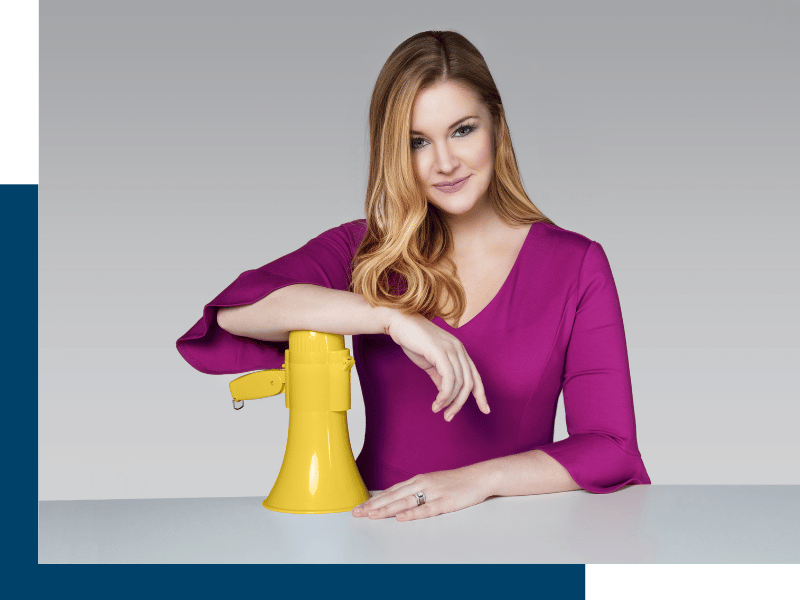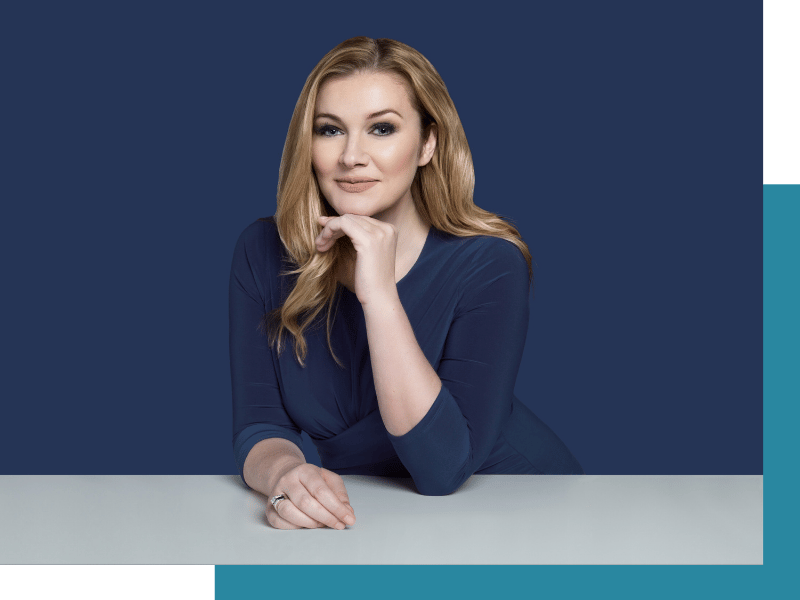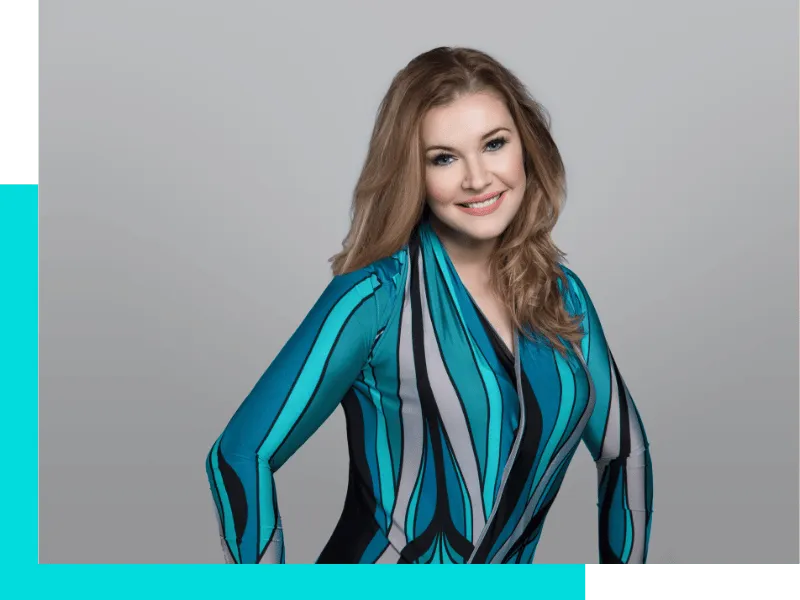I Help You build a Personal brand + Leadership Platform that opens Boardroom doors
Are you positioned powerfully for any room you walk into?
Are you being seen and turning visibility into influence?
Christie Turley Helps You to...
build a brand that opens boardroom doors +
Positions You Powerfully
Trusted by Legends
Provided brand, messaging, and visibility strategy for clients connected to Tony Robbins, Deepak Chopra, Oprah's network, Arianna Huffington, Hay House, and Wiley Publishing.
Ghost-advised behind the scenes of 7- and 8-figure launches, bestselling book launches, and the inner circles of some of the biggest names in the expert space.
Helped several keynote speakers and TEDx presenters to fully develop their thought leadership platform (books, podcasts, courses, unique IP) to attract Fortune 100 clients and raise their speaking fees.
Repositioned high-performing entrepreneurs into premium markets with elevated brand strategy, messaging, and monetization.
Collaborated with documentary filmmakers featured on Gaia and Oprah’s network, TEDx, and major wellness platforms.
Christie's client Results
Full rebrand and thought leadership strategy for a TEDx speaker → led to Fortune 100 clients, higher speaking fees and major visibility on top podcasts, conferences and The New York Times.
New thought leadership platform for a former Sales VP launching as a thought leader → $0 to 6-Figure webinar revenue within 30 days of launch.
Brand overhaul + new founder story for a personality-led product brand → 3000% growth in customer based and $300K in new revenue in 2 months.
Brand overhaul for a personality-led online retailer → 315% sales increase + free publicity on MTV, Disney, and Bravo within 60 days.
For a group providing professional speaker events and memberships → 15x membership growth and 260% event growth.
Rebrand + new founder story for a tech start-up → 30:1 ROI (previously 6:1) allowing the company to scale to 100s of new retail stores.
Christie's Impact
$3B in client revenue generated across 50+ industries, from wellness to fintech, SaaS to CPG.
Clients have generated $10K to $1M-plus in new revenue within weeks using Christie's high-conversion launch strategies.
Led high-stakes campaigns for Fortune 500s, national franchises, and scaling startups.
Delivered award-winning campaigns across diverse sectors.
Positioned her book into a business development engine, leading to high-value clients, media invitations, new consulting engagements, podcast interviews, and paid speaking opportunities.
Featured on stages alongside NYT and USA Today bestselling authors, delivering insights on business strategy, leadership identity, and personal growth.
Leveraged invite-only, non-paid speaking gigs into $250K+ in revenue from a single talk, building an email list, deepening client trust, and selling high-converting offers without a hard pitch.
Known for helping clients build leadership brands that open boardroom doors, and teams that lead themselves.
SELECT BOOKS from Clients

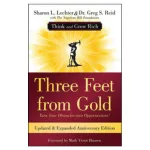


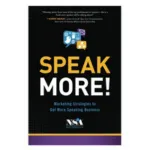
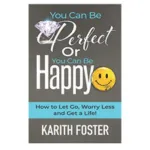
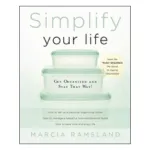
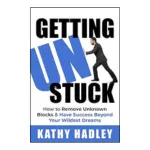
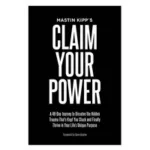




Featured In:

Featured Clients:

The Intuitive CEO Podcast™
If you're ready to stop playing small and trust your true power, this is the podcast for you. Innovative leaders share wisdom on navigating power dynamics, breaking free from masks, and building lasting legacies. Past guests include New York Times and USA Today bestselling authors, entrepreneurs and elite executives.

Keynote Speaker
Christie Turley’s keynotes cut through the noise and rewire how leaders show up. Ask Christie to speak at your event, retreat, summit or mastermind. Christie Turley speaks on topics, such as:
Leadership + Self-Leadership
Decision-Making
Intuition
Empathy
Reinvention
Personal Branding
Authentic Communication
Personal Branding + Thought Leadership
You’ve already walked through fire. Now it’s time to build the structure that can hold your genius.
This isn’t just about a personal brand. My team and I help you shape next-level leadership platform, whether that’s a book, a podcast, or a signature talk, so you're positioned powerfully for any room you walk into.
This is identity that opens boardroom doors.
This is strategy that draws the right people to you.
This is your GENIUS, BRANDED.

Strategic Coach for
Executives + Entrepreneurs
Most executive coaches offer playbooks. Christie offers precision. And a pulse on power most leaders haven’t been trained to hold.
With over 20 years advising CEOs and leadership teams behind multi-billion-dollar organizations (and personally building and scaling multi-million-dollar companies of her own), Christie is the strategic partner that you call when the stakes are too high for guesswork. She can help you:
Reveal Leadership Blind Spots (trained in multiple neuroscience-based modalities)
Read Team Dynamics
Decode Power Structures
Capitalize on Untapped Potential
Optimize Team Performance
Develop a Brand + Leadership Platform (Book, Podcast, Signature Talk)
Grow through Self-Led Teams, Marketing, Sales & Scalable Systems
Maximize Revenue Streams
Leadership workshops
The Leadership Intelligence Lab™ is my signature high-impact TEAM experience designed to reveal hidden brilliance, activate diversity of thought, and explore how your team thinks, communicates and makes decisions... together. This group experience equips your managers to think critically, lead themselves, and stabilize the teams they oversee. You get a more self-led, emotionally intelligent layer of leadership... and a culture that moves faster because it trusts itself.
Testimonials
Karith Foster
CEO & Founder, INversity and Bestselling Author of You Can Be Perfect or You Can Be Happy

"Working with Christie Turley has probably been one of THE BEST business decision I have ever made!
She has such a wealth of knowledge from her previous work experience in marketing and sales, and she knows exactly how to help you curate a message.
I have only been working with Christie for a couple years now and since then, I have seen my business explode!
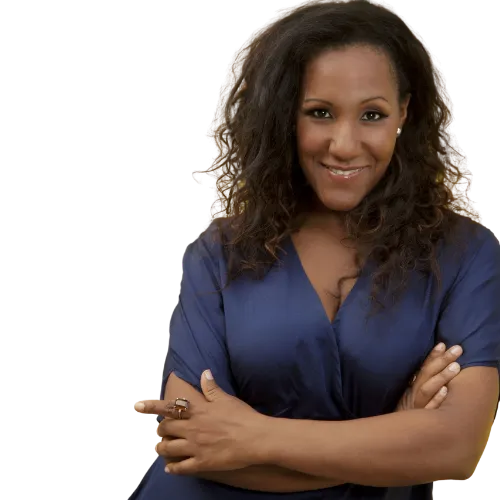
Maria Traino
Speaker & Entrepreneur Success Coach

"Christie, you're a brilliant, beautiful, generous soul and I so appreciate how you share your gifts!
I thoroughly enjoyed the Soul and Business Alignment and have learned so much about myself!
I am hopeful, excited, and awaiting what I know is inevitable... steady ground, a clear direction, and more energy to start sprinting toward my next level!"
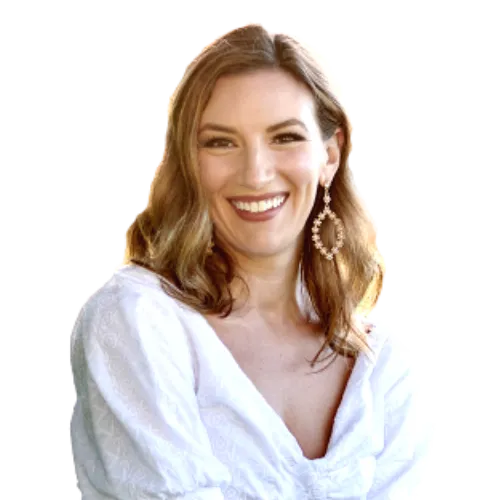
George Bryant
NYT Bestselling Author, Serial Entrepreneur, Host of the Mind of George Podcast

"That was the most clarity I've ever had and since then I've had everything I've needed. Christie provided all the clarity, the structure, the strategy and everything needed for me to execute with my team.
And now we are on the path to being as focused and specific as possible to inspire and empower as many women as possible across the planet to live the life of their dreams."
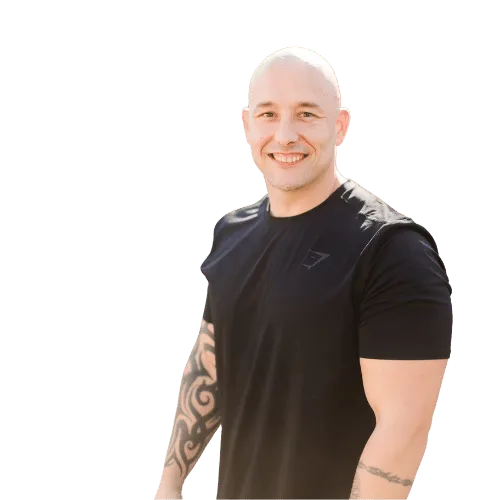
Josee Madison
Yoga Studio Owner & Speaker

"I've worked with many coaches and I've never had a coach that was SO intuitive and able to tap into different energies about myself and the business.
She's got this ease of combining suggestions, ideas, goals.
I was just blown away by the changes in my business within weeks! I highly recommend her!"
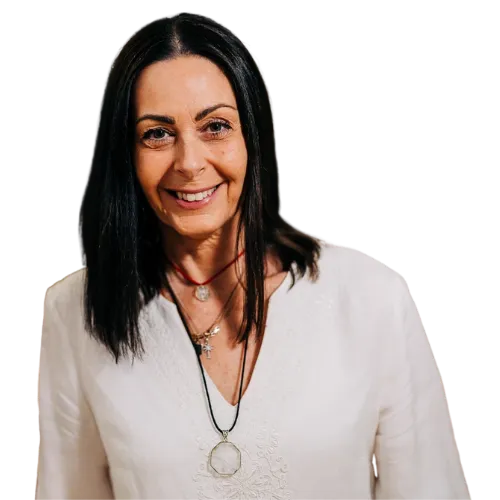
Cort Twitty
Corporate Emotional Intelligence Expert

"Christie helped me identify professional avenues that were natural fits for me and my personality.
I would 100% recommend hiring Christie and allowing her to show you how truly life changing her work is."
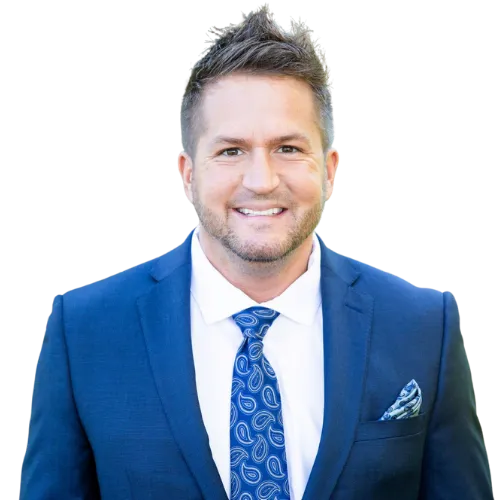
Christine Volden
Founder & CEO and Author

"Working with Christie
gave me so much clarity in my business. She was able to take a big idea, and break it down into actionable steps
for me to move forward.
I left each session feeling excited and empowered, not overwhelmed. Not only did Christie provide the
marketing savvy I needed, she helped me identify blocks that were holding me back in my life and business."
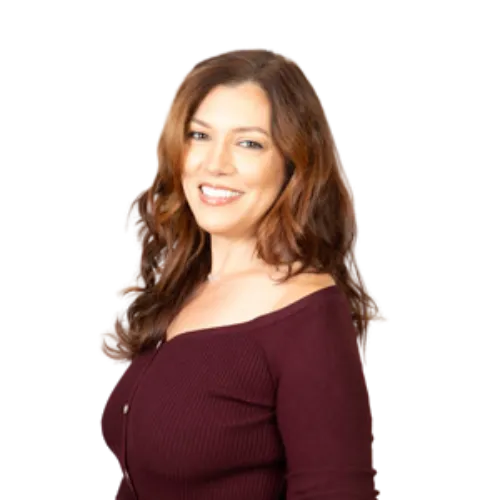
Jason Tracey
Business Coach

“I had hit a block, and was in need of a creative spark in order to amplify my messaging to create more visibility for my brand. Because I was so completely stuck on my bio I was missing far too many opportunities. My time with Christie was astounding as the creativity flowed and by the end we were able to create a clear message with a strong image of the direction of my future messaging.
ABSOLUTE GAME CHANGER!!! Within 1 day of posting my new "About Me" on LI I had booked 2 calls to discuss my services. Thank You Again Christie!!!"
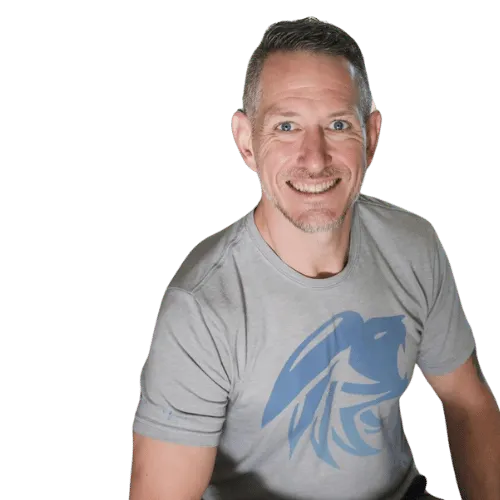
Julie Ann Cairns
Award-Winning Film Director and Bestselling Author of The Abundance Code

"Working with Christie on branding, the brand story, the arc of the story (and who my character was in the story, who my who my ideal client was, what their key frustrations were, what their their beautiful, idealistic goals were), and how I could help them bridge the gap between where they were starting and where they wanted to be.
I gained a lot of clarity! Christie helped me work through all of the really important deep thinking and it has changed everything: the way that I approach the entire business and brand."
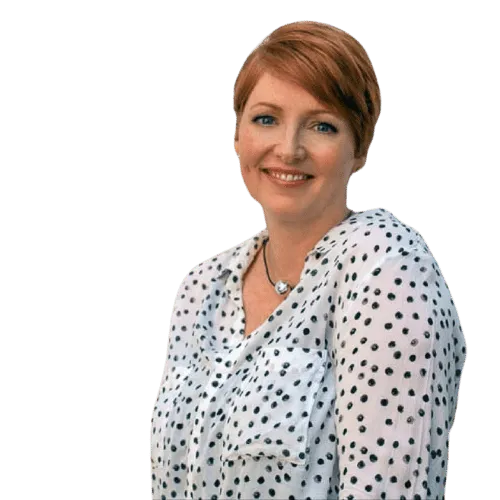
Stacy Tetschner
Chief Executive Officer, National Speakers Association

"Our pipeline of leads increased by more than 100% as a result of their analysis and a few tweaks to how we were doing things……I hope you know how very much I appreciate working with you.
You have done and taught us amazing things to help us turn around that are helping us turn in a new direction. I appreciate your ideas, thoughts, and implementation of so many things…about this business to make it run more effectively."
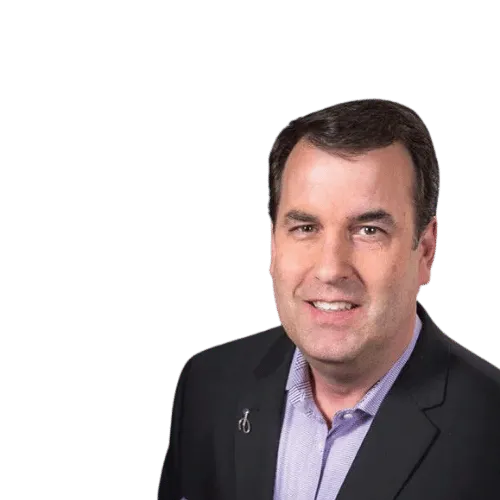
Heather Torriente
Salon Owner & Creative Director

"The clarity I've experienced and the amount I've been able to accomplish in just one year of working with Christie and her genius has blown me away!
There are many voices in the business and marketing world that promise to provide tools to grow and simplify your business. If you're looking for efficiency, integrity and understanding, working with Christie is the only way to go."
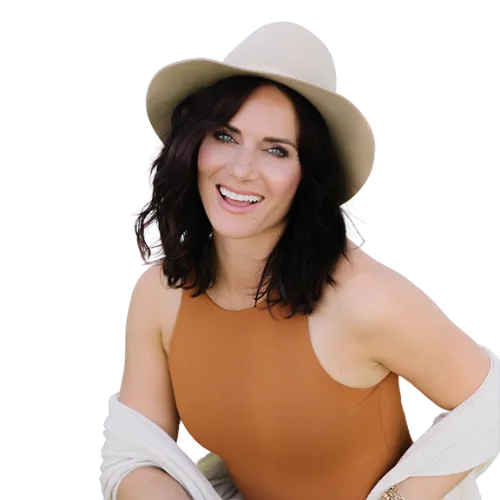
Holly Harris
Life Coach and Intuitive Healer

"Before we started, I was not feeling very connected to my business. Christie really helped me take back my power in my business. When I did that,
I got back my motivation and my purpose. I could engage with my business again, and feel like I had more power over it. That was a really big deal for me!
She helped me to gain more confidence in the things that I knew about myself (but I had been denying)."
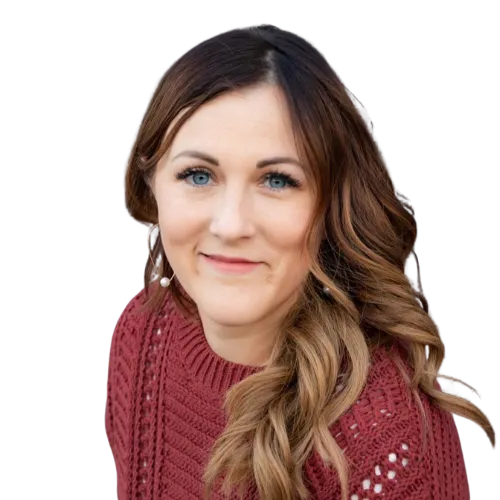
Kari Vest England
Intuitive Life Coach & Healer

"I've been working with Christie for the past few months, getting my business started.
Christie with her intuition, along with her experience, really gives good guidance, and helped me see where I have blocks. She has the skills, the knowledge, and the intuition to help me succeed."
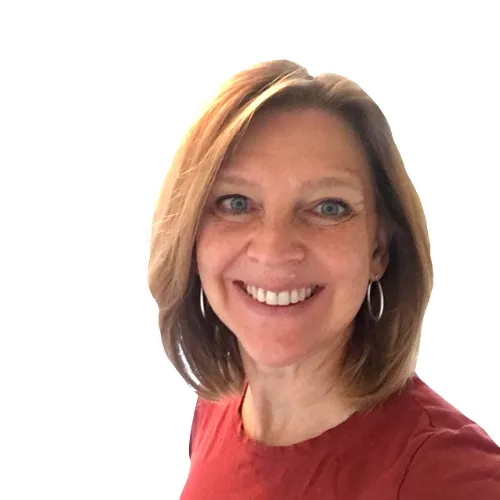
Frequently Asked Questions
Answers to Your Frequently Asked Questions
What exactly do you do?
I help leaders, founders, and executives align who they are with how they lead, and how they’re seen. From personal brand strategy to enterprise-level leadership transformation, my work blends deep emotional intelligence with business precision. That includes leadership advising, brand positioning, executive coaching, and developing high-performing teams.
Who is your work best suited for?
I work with two primary groups:
– Visionary founders and thought leaders ready to clarify their identity, elevate their visibility, and scale with intention
– Enterprise leaders and executive teams navigating growth, change, or leadership friction inside fast-moving environments
Do you offer 1:1 coaching or only company-wide programs?
Both. I advise CEOs and senior leaders 1:1 through select private containers, and I also deliver team-wide leadership experiences like The Leadership Intelligence Lab and Self-Led Manager to support cultural transformation from the inside out.
Do you speak at events or deliver workshops?
Yes. I keynote conferences, deliver executive retreats, and lead team workshops focused on leadership reinvention, identity alignment, and strategic communication. All topics are customized to fit your audience and objectives.
What’s The Velocity Method?
It’s a leadership system I developed to help people lead with clarity, trust, and sustainable power. It integrates emotional intelligence, decision-making psychology, and strategic identity work, so leaders don’t just perform better, they lead better.
What’s different about your approach to personal branding?
I don’t do superficial polish. I help you build a brand that reflects your actual leadership identity, not a mask. Whether we’re working on your platform, your positioning, or your thought leadership, the goal is always the same: resonance, clarity, and traction that lasts.
How do I know if I need personal brand strategy or leadership work?
If you feel stuck, unseen, or like your outside brand doesn’t match your inside growth, you likely need both. I’ll help you identify the gap and build the internal and external structure to bridge it.
Can you help me write a book, launch a podcast, or build a platform?
Yes. I help founders and executives design the assets of a visible, thought-leader brand, including books, keynotes, podcasts, and content ecosystems that scale influence without diluting integrity.
How can I work with you?
Start with a Clarity Call. Whether you’re here to evolve your leadership, develop your platform, or shift your team dynamic, we’ll identify the path that fits your goals and stage of growth.

